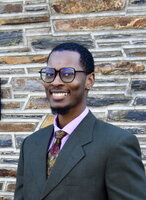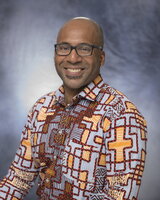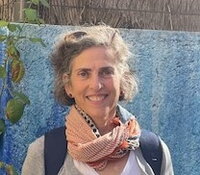
The conception of the Atlantic as a site of cultural exchange and struggles connecting Africa, Europe, and the Americas has drastically changed the landscape of our discipline. Atlantic studies has brought together competing, disparate, and complementary worldviews in the reimaging and retelling of the past. Indeed, the diverse perspectives that have emerged from this region—one that transcends cartographic distinctions of place—has led to a fuller understanding of the formation of societies, cultural production, resistance movements, intellectual exchange and the forging of empire and nations. Beyond that, the Atlantic World is an instructive concept that frames ongoing debates about national origins, legacies of free and unfree migration, patterns of settlement, and political ideologies. The Atlantic World approach has become integral to the methodological and paradigmatic frameworks of scholars of slavery, colonialism and independence movements, migration, trade, capitalism, and other topics. Transnational and comparative studies of linkages and ruptures across, along, and around the Atlantic have enriched our understanding of these important developments, relationships, and structures in fundamental ways.
At the University of Illinois, History faculty members with diverse geographical and chronological focuses engage deeply in the Atlantic world. Specialists in colonial and modern Latin America, the Caribbean, colonial and early America, the nineteenth and twentieth-century United States, and early modern Britain incorporate an Atlantic world perspective in pursuit of diverse topics as wide-ranging as the environment, indigeneity, medicine, slavery and emancipation, the African diaspora, war, trade, scientific agriculture, migration, governance, religion, astrology, law, popular culture, and imperialism. All work on the cutting edge of Atlantic studies. Our colonial Latin American historian examines the history of the colonial Andean world with a particular focus on encounters between indigenous people and African and European newcomers and their particular histories of adaptation and resistance. Departing from the earlier focus on the North Atlantic, modern Latin Americanists are infusing a commitment to the “global south” to studies of Atlantic connections that extend from colonial circuits to contemporary conflicts and exchanges. Historians of colonial and early America harness their thematic expertise (the environment, indigeneity, slavery, and medicine) to illuminate the imbrication of North American history within dynamic transatlantic networks connecting the Great Lakes and Paris or Jamaica, South Carolina, and London. Because of the global scale of their subject matter, historians of U.S. empire look at Atlantic crossings as part of a larger complex of demographic, political, economic, and cultural flows that spanned the Atlantic and Pacific oceans. Keeping a keen eye on shifting affinities and sources of conflict, they track unequal power relations as they played out across broad geographies. Last but not least, our specialist in early modern British history approaches the Caribbean as a liminal place betwixt home and empire for transatlantic Jewish migrants there.
History Faculty working in Atlantic World









Related News

Understanding education as a tool of liberation and empire in the Caribbean

Understanding movement, slavery, and freedom in the Caribbean


